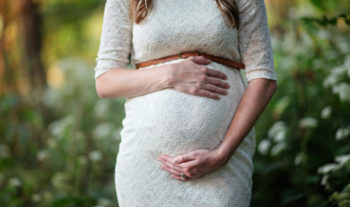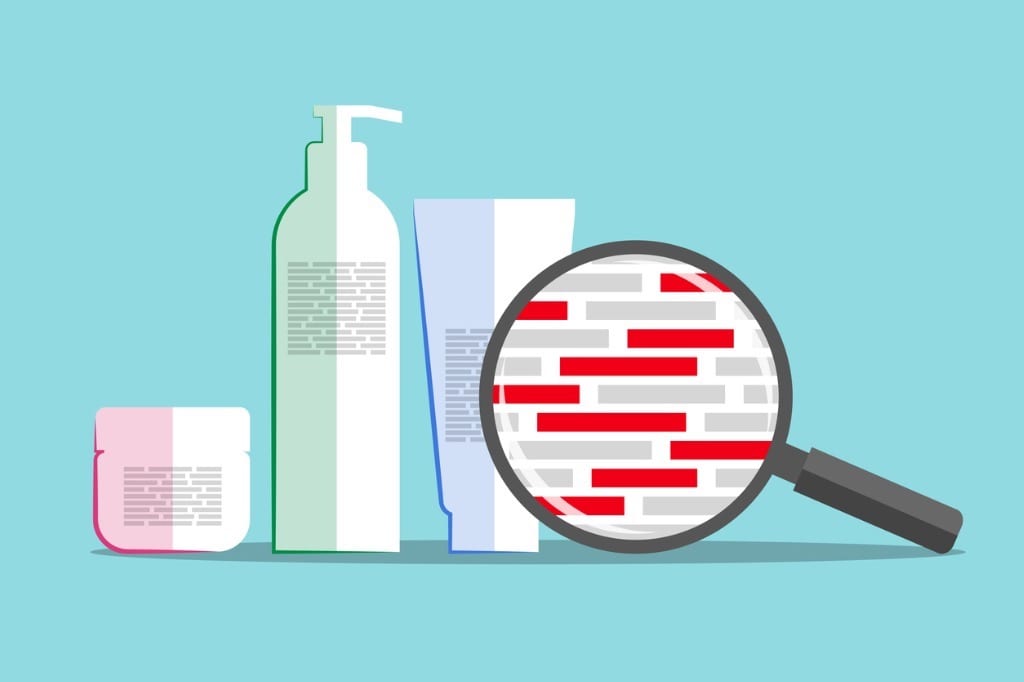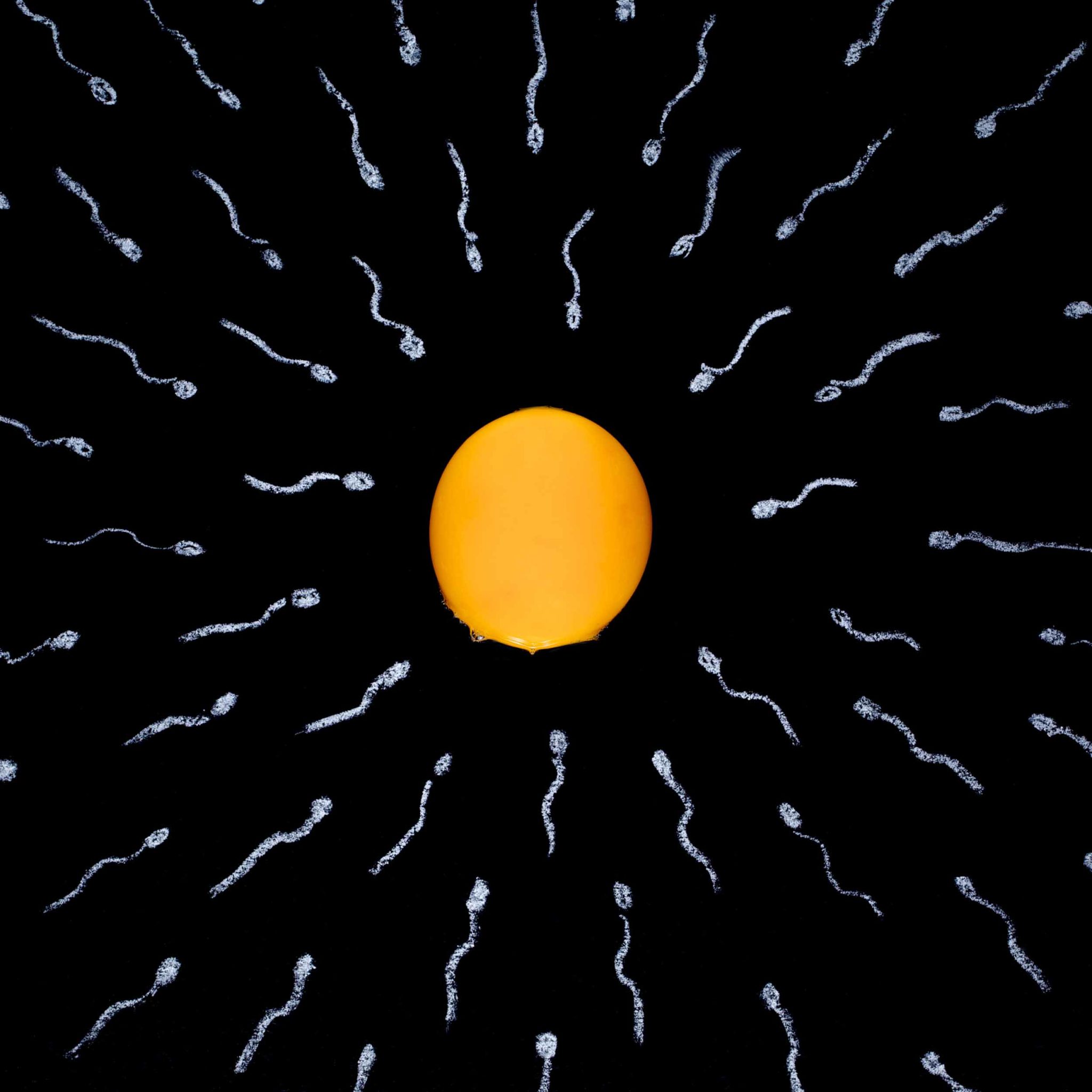Egg freezing seems like the hottest fertility topic around right now. It’s hard to miss all the coverage on elective egg freezing events, trendy pop-ups and “should you or shouldn’t you?” quizzes.
But beyond the trend, what do you really need to know if you’re considering the procedure for yourself or your partner? A lot, especially given how much hype and misinformation is out there.
We’re here to help and answer the important questions including:
- Do employers and insurance cover egg freezing?
- What are the costs of freezing eggs?
- How does egg freezing work?
- Who is a good candidate for egg freezing?
- What is the pregnancy success rate with frozen eggs?
Do employers and insurance cover egg freezing?
Some do, most do not. It’s usually your employer that determines what your insurance will cover although insurers may set additional restrictions.
And while infertility treatment coverage is getting better, it is not covered as often as it should be. Even when covered, gaps and restrictions mean major out-of-pocket costs for patients.
Elective egg freezing is rarely covered by insurance although insurance provided by tech and finance companies are an exception. Apple, Google, and Facebook made headlines when they announced in 2014 they would cover egg freezing. This was viewed as a competitive move to attract and retain the best talent and persuade women they could delay pregnancy.
Related content: Infertility Coverage is Becoming an Important Employee Benefit
Egg freezing was originally used for medical reasons; for example, when women needed to preserve their fertility in advance of having to undergo chemotherapy. In 2012, the American Society for Reproductive Medicine (ASRM), the professional society of fertility specialists, declared the procedure no longer “experimental.”
What are the costs of freezing eggs?
The costs that need to be covered to freeze eggs include:
- Physician consultation, fertility medication, and egg retrieval
- Egg storage until use – usually an annual fee
- Thawing of the eggs and embryo transfer to attempt pregnancy
One cycle averages $10,000 and more than one cycle may be needed to produce a sufficient number of eggs to freeze.
The lack of coverage usually means the cost of egg freezing is largely borne by the patient. As a result of this gap, a number of fertility clinics have developed their own packages with payment plans and/or partnered with loan companies. Most ARC Fertility member clinics offer egg freezing packages. By using ARC Fertility Financing, patients can access this treatment with an affordable monthly payment plan.
It is important to note that egg freezing packages do not cover all aspects of the process. For example, fertility drugs are seldom covered. The cost may range from $2,000 – $5,000 if not covered by insurance. Also, costs for each step may vary by geography.
Related content: Why Infertility Should Be a Covered Benefit
If egg storage is included, it is generally for one year. Be sure to carefully review what an egg freezing package does – and doesn’t – include.
How Does Egg Freezing Work?
Egg freezing involves the following:
- taking fertility drugs for ovarian stimulation to produce eggs
- monitoring and evaluation
- retrieval of mature eggs
- egg freezing and storage.
-
Developing Eggs
Most women will need to inject themselves with fertility drugs daily for 8-14 days. The average is 10-12 days. The goal is to stimulate the ovaries to produce as many mature eggs as possible.
While an average of 10-20 eggs are usually retrieved, only about two-thirds are appropriately mature and viable. Doctors generally recommend women freeze 15-20 eggs so it may take more than one cycle to produce the desired number of mature eggs.
Your physician will carefully design a drug protocol to obtain the maximum number of eggs. Frequent monitoring though blood testing for hormone levels and vaginal ultrasounds will track the response to the medication. Note: these drugs can have side effects.
Once you have a sufficient number of large enough follicles and your estrogen is at the right level, you’ll receive a trigger shot. It provides a hormonal surge that spurs the final stage of egg maturation, so eggs may be fertilized later.
-
Egg Retrieval
Within 34-36 hours of receiving the trigger shot, eggs are retrieved through a surgical procedure. They are removed from follicles in your ovaries before ovulation occurs.
The entire process usually takes less than 30 minutes. You’ll be under sedation through an IV and shouldn’t experience any pain or discomfort. There may be some minor cramping the day of the procedure which is usually gone the next day. A feeling of fullness and/or pressure may also occur from the ovarian stimulation, lasting a few weeks.
The quantity of eggs produced and removed is affected by a number of factors:
-
-
- a patient’s age
- ovarian reserve
- response to ovarian stimulation, and sometimes,
- the ability to access the ovaries for retrieval.
-
The eggs removed are evaluated by an embryologist. Those deemed usable can be frozen indefinitely.
-
Egg Freezing
Improvement in cryopreservation technology, specifically ultra-rapid freezing by vitrification, has helped with issues related to thawing. This has resulted in higher pregnancy rates. Previously, slow freezing could cause damage to eggs during thawing.
When a woman wants to become pregnant, the eggs are thawed and fertilized with partner or donor sperm. The resulting embryo is then transferred into the uterus, usually 5 days after fertilization.
Who is a good candidate for egg freezing?
Medically speaking, this option works best for women in their 20s to early 30s. Most experts agree that elective freezing is most successful for women younger than 38 years old. It is not usually recommended for women over that age.
Although much of the marketing seems aimed at women in their 20’s, they may not be the best candidates. Experts point out there is a good chance they will find a partner and never need to use their frozen eggs. The number of frozen eggs never used underscores that point:
While more than 20,000 women in the U.S. have had their eggs frozen, the vast majority (an estimated 85 percent or more) have not had their eggs thawed, the first step toward creating a healthy embryo. Some studies place the percent of eggs thawed at less than 10%.
That’s why egg freezing is generally most appropriate for women age 30 to 38, according to the ASRM.
Other experts cited by the New York Times agree. Since younger eggs are more likely to produce successful pregnancies, women might think they should freeze their eggs in their 20s.
However, Dr. Janis Fox, assistant professor of reproductive endocrinology and infertility at Harvard and Brigham and Women’s Hospital and Dr. Randi Goldman, a clinical instructor at the same institution, advise against that:
“Assuming you have normal fertility and nothing unusual in your family history, there’s definitely a point where it’s too early, and we don’t know what the shelf life of these eggs are,” said Dr. Fox, who cited a study saying “the most effective age to do it was 34 but the most cost-effective age to do it was 37.”
What is the pregnancy success rate for women using frozen eggs?
The chances vary by age but many of the studies showing successful pregnancies with frozen eggs have looked only at women freezing their eggs in their 20s or early 30s.
The number and quality of eggs decline with age. Therefore, a woman’s age when she freezes her eggs can make a big difference in success rates. The older a woman is when she freezes her eggs, the lower the chances of success. Women in their 20’s and 30’s have the best eggs and highest subsequent pregnancy rates.
Despite aggressive marketing of egg freezing to older women, the clinical success rate of using their own frozen eggs is quite low. Much of the media coverage citing celebrities having children in their forties fails to mention that they usually use eggs donated by much younger women.
What’s the Bottom Line?
All the public attention helps create awareness of egg freezing and fertility. That’s good. Yet, there’s still a lot of confusion.
Many people don’t understand what’s medically required to have eggs frozen or, ultimately, used. It is not an easy or inexpensive procedure.
It might be best to think of egg freezing as insurance. But it is not a guarantee of being able to have a child later.
Every woman and her fertility are different. Before deciding to pursue egg freezing, it’s a good idea to have a discussion with a fertility expert.
Among other things, they will provide screening tests — blood work and ultrasound — to determine if egg freezing is right for you.
As with most things, knowledge is power.
David Adamson, M.D.
Website:
https://www.arcfertility.com/
G. David Adamson, BSc, MD, FRCSC, FACOG, FACS is a reproductive endocrinologist and surgeon, Clinical Professor ACF at Stanford University, and Associate Clinical Professor at University of California San Francisco.
His undergraduate, medical school, and obstetrics/gynecology residency training were at the University of Toronto, and his Reproductive Endocrinology and Infertility fellowship training at Stanford University. Currently, he is Director of Equal3 Fertility, APC, and CEO of ARC® Fertility.
Dr. Adamson has over 300 peer-reviewed and scientific/medical publications and has lectured extensively for more than 30 years nationally and globally on assisted reproductive technologies, endometriosis, reproductive surgery, infertility, and access to quality reproductive health care. Dr. Adamson led the committee that created The FIGO Fertility Toolbox and the organization that created the global Endometriosis Phenome and Biobanking Harmonization Project (EPHect). He created the Endometriosis Fertility Index, all digital tools used globally to improve health care for reproductive-age women.
He is Chair of the International Committee Monitoring ART (ICMART), which is a non-State actor (NSA/NGO) in official relations with the World Health Organization (WHO) and President of the World Endometriosis Research Foundation (WERF). Dr. Adamson is on the Board of the International Federation of Fertility Societies (IFFS) and FIGO Committee on Reproductive Medicine of which he is Past Chair. He is the Founder, Chairman, and Chief Executive Officer of Advanced Reproductive Care (ARC® Fertility), the largest United States network fertility company.
Dr. Adamson is Past President of the American Society for Reproductive Medicine (ASRM), Society for Assisted Reproductive Technology (SART), AAGL, and several other major gynecological societies. He has been recognized as one of the best 400 physicians for women in America. He has received many awards, including the Outstanding Achievement in Medicine award from the Santa Clara County Medical Society, a Certificate of Special Congressional Recognition for contributions to the community, Distinguished Surgeon award from the Society of Reproductive Surgeons, Honorary Life Membership from the Canadian Association of Internes and Residents, the Barbara Eck Founders Award from RESOLVE, numerous honorary memberships and professorships, and the ASRM Distinguished Service award for his outstanding achievements in advancing the practice of reproductive medicine.
Dr. Adamson enjoys spending time with his family, reading, hiking, traveling, and ice hockey.
In addition to being a contributing author for The Doctor Weighs In, Dr. Adamson also serves on the TDWI Editorial Board, where he medically reviews articles submitted for publication.
Comments:
Leave a Reply
Comment will held for moderation
















This is an important article as it highlights just how much is involved to do this right. It does seem like some women (and perhaps companies) are taking this too lightly. Pat